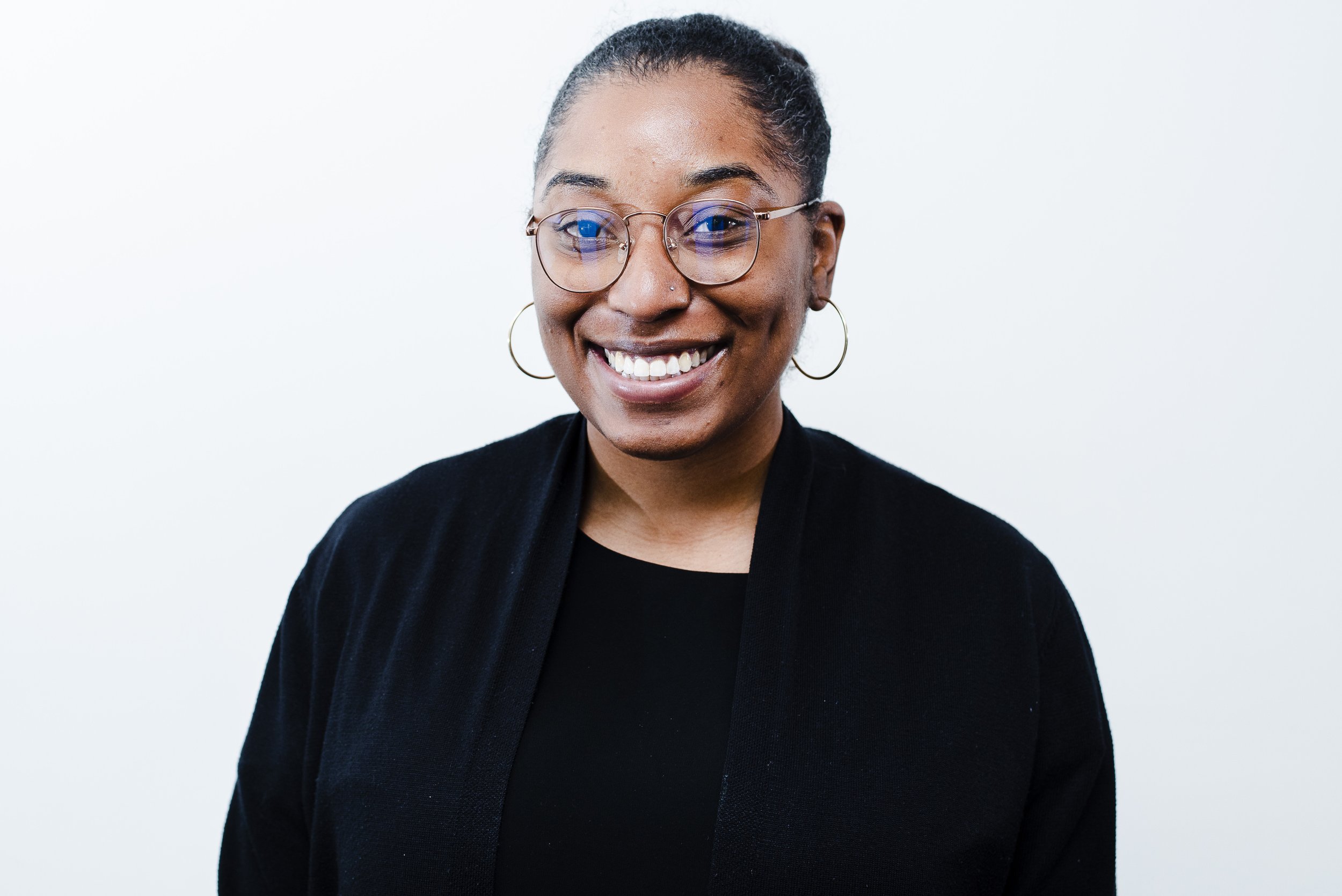Q&A with Daisy E. Guzman Nunez, 2023-2024 Miriam Jiménez Román Fellow
TLP: Tell us about your work and how your work contributes to contemporary Afro-Latinx studies.
When we think of contemporary Afro-Latinx studies, we rarely hear the voices of Central Americans. In the context of Latinidad as an identity marker, Central Americans, especially Black Central Americans, are not included in the conceptualization of Latinidad. My work challenges where Blackness and Indigeneity enter the conversation simultaneously. For Garinagu (plural of Garifuna), Indigeneity and Blackness are not mutually exclusive. Through a Black Feminist lens, I center the voices of Garifuna women to discuss ancestral praxis, transnational networks, and cultural performativity. In particular, the citational praxis for this work is rooted in the creative and intellectual work from Black women in the Americas articulating a hemispheric Blackness.
TLP: What ideas do you have to enrich the NYU community?
In conversation with the amazing work of Dr. Paul Joseph López Oro, I intend to articulate Garifuna contemporary history rooted in New York. New York City as the extension of the Caribbean Coast provides rich narratives from an understudied population of Garifuna- Guatemalan migrants. The voices of Garifuna women expands critical conversations in Anthropology, Black Studies, Indigenous Studies and Women & Gender Studies. I hope to provide a space where NYU students can use their creativity to explore the nuances of Blackness in the Americas.
TLP: What does it mean to be named this year's Miriam Jiménez Román Fellow?
It is an honor to be the 2023-2024 Miriam Jiménez Román Fellow. Her work and The Afro-Latin@ Reader are fundamental to the ways in which New York City is both home and the field. Following in the footsteps of my fellow UT alumni Dr. Omaris Zamora and Dr. Paul Joseph López Oro is the intellectual kinship that Miriam Jiménez Román’s work represents. I hope to use my position to inspire other Garifuna New Yorkers to write their stories and create much needed cultural spaces.
Photo Credit: Andres David Lopez
About the Scholar
Daisy E. Guzman Nunez is a Garifuna American from the South Bronx. Her work centers on the migratory experience of Garifuna-Guatemalan women from Livingston, Guatemala, to the South Bronx. Through a Black Feminist Ethnographic lens, she bears witness to ancestral praxis and ancestral knowledge embedded in the cultural performativity of Garifuna women and their matrilineal networks. Her research praxis and pedagogy lean on the Intellectual contributions of Black women such as Toni Morrison, Alice Walker, Zora Neale Hurston, Mayra Santos, and M. Jacqui Alexander to discuss the connection between the body, land, and the ancestors in everyday theory and intellectualism. There is an intimacy in creating cultural spaces in the urban landscape. The Garifuna hub in the South Bronx is not a novelty but an extension of the Caribbean Space to include the Afro-Indigenous experience. Her interdisciplinary work centers women's voices to challenge how we articulate Blackness and Indigeneity in Black Studies, Anthropology, and Latinx Studies. When she is not working on her research, she is a board member of La Fuerza Garifuna and a curriculum consultant with a community-engaged focus.

